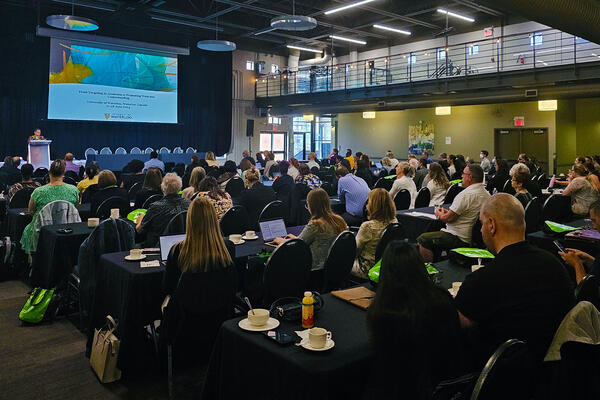
Society began shifting towards individualism more than a century ago
Baby Boomers have been referred to as the Me Generation, but new research indicates that people actually started to become increasingly self-centred more than 100 years ago

Baby Boomers have been referred to as the Me Generation, but new research indicates that people actually started to become increasingly self-centred more than 100 years ago
By Media RelationsBaby Boomers have been referred to as the Me Generation, but new research indicates that people actually started to become increasingly self-centred more than 100 years ago.
In the first study of its kind covering a 150-year period, researchers looked at U.S. culture to determine how and why people there became more independent and less reliant on family ties, conformity and duty. This phenomenon is called individualism.
“We found that changes in the social class structure precede changes in individualism,” said Professor Igor Grossmann, of the Department of Psychology at the University of Waterloo and the study’s first author. "As demands of U.S. society shifted from manual labour to office jobs, Americans gained education and wealth, both of which promote self-direction and ultimately facilitate individualism."
Grossmann and Professor Michael Varnum, of Arizona State University, found that the significant cultural change American society experienced started before the turn of the last century.
They tested six factors commonly thought to influence cultural change toward individualism: urbanization, secularism, socio-economic structure, climatic demands, infectious disease and disaster. Then in the context of those factors, they examined the growth of eight indicators associated with cultural individualism, such as presence of individualist words in books, percentage of single-child families, percentage of adults living alone and divorce rates. Since preference for uniqueness is also a key factor of individualism, the researchers looked at the prevalence of unique baby names — those not in the top 20 for the time.
"Cultural levels of individualism affect everything from marketing to election outcomes to education — based on whether we tend to prefer unique or common products, politicians who appeal to achievement or to a sense of duty and whether we motivate students through their sense of belonging to the group and family obligation or due to their being special," said Professor Grossmann. "Knowing where it is heading and what may determine the change may help in many of these domains to prepare for the future."
While the research used the United States as a case study, the Canadian culture of individualism is similar, so it is possible that the pattern of cultural change would be as well.
The findings appear in the journal Psychological Science this week.

Read more
One year after Hagey Hall attack, Waterloo hosted an international conference to explore ways of promoting trust and understanding in academia

Read more
Meet the Waterloo researchers using science to improve the lives of millions by battling the leading preventable cause of death

Read more
Most people think large language models such as ChatGPT can experience feelings and memories
The University of Waterloo acknowledges that much of our work takes place on the traditional territory of the Neutral, Anishinaabeg, and Haudenosaunee peoples. Our main campus is situated on the Haldimand Tract, the land granted to the Six Nations that includes six miles on each side of the Grand River. Our active work toward reconciliation takes place across our campuses through research, learning, teaching, and community building, and is co-ordinated within the Office of Indigenous Relations.